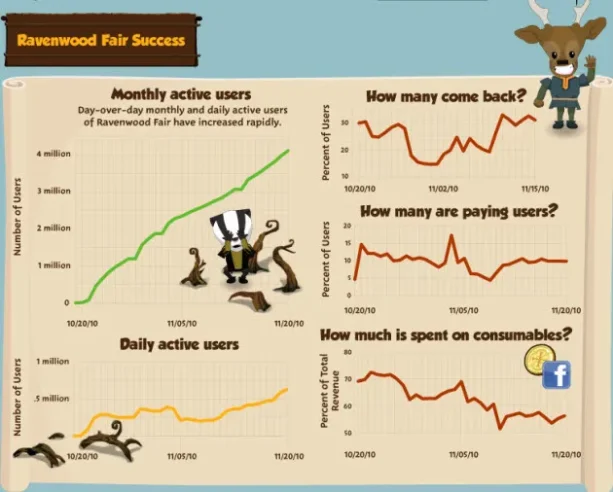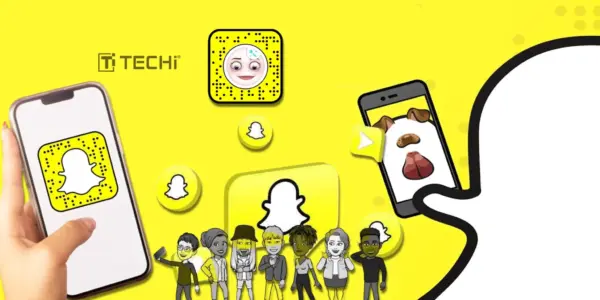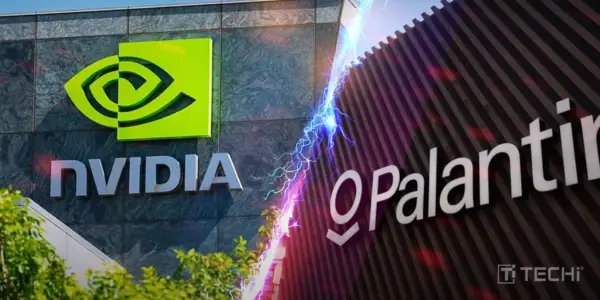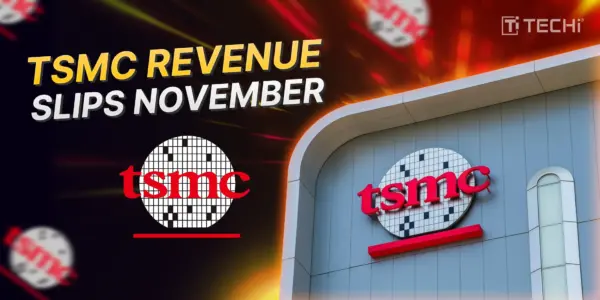Before seeing this graphic, I thought I was in the majority. Apparently, Facebook gaming is grabbing more than just the geeks in their mothers’ basement with no significant other in the real world.
The growing phenomenon of social gaming has created 3 camps: those who do it and love it, those who hate it and want it killed with fire, and those who are able to ignore it or don’t even know it exists. This graphic shows that there are a lot more people than most would imagine playing Ravenwood Fair.

LOLapps, the creators of the wildly popular game, has gone through much adversity on their road to success. It appears that their troubles are starting to pay off as millions of people play their games daily and 100 million people are active at least once a month. Is this a trend that can continue? Love it or hate it, social gaming is apparently here to stay.




